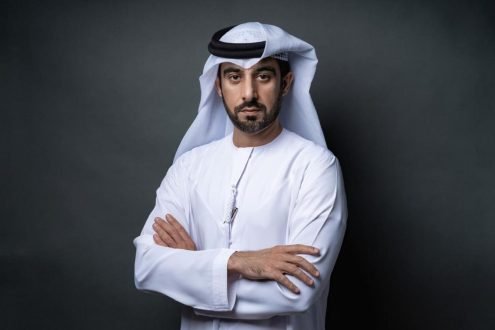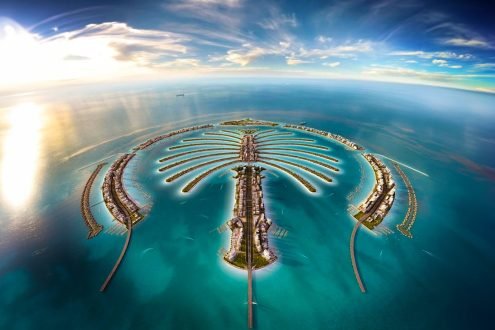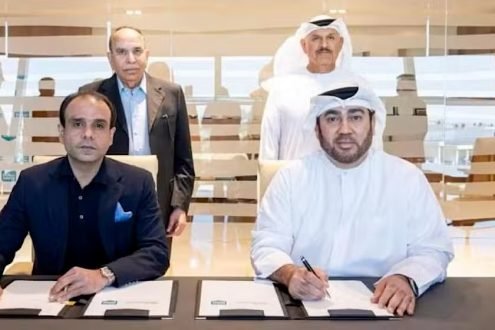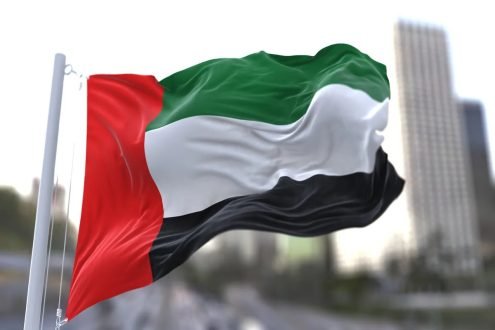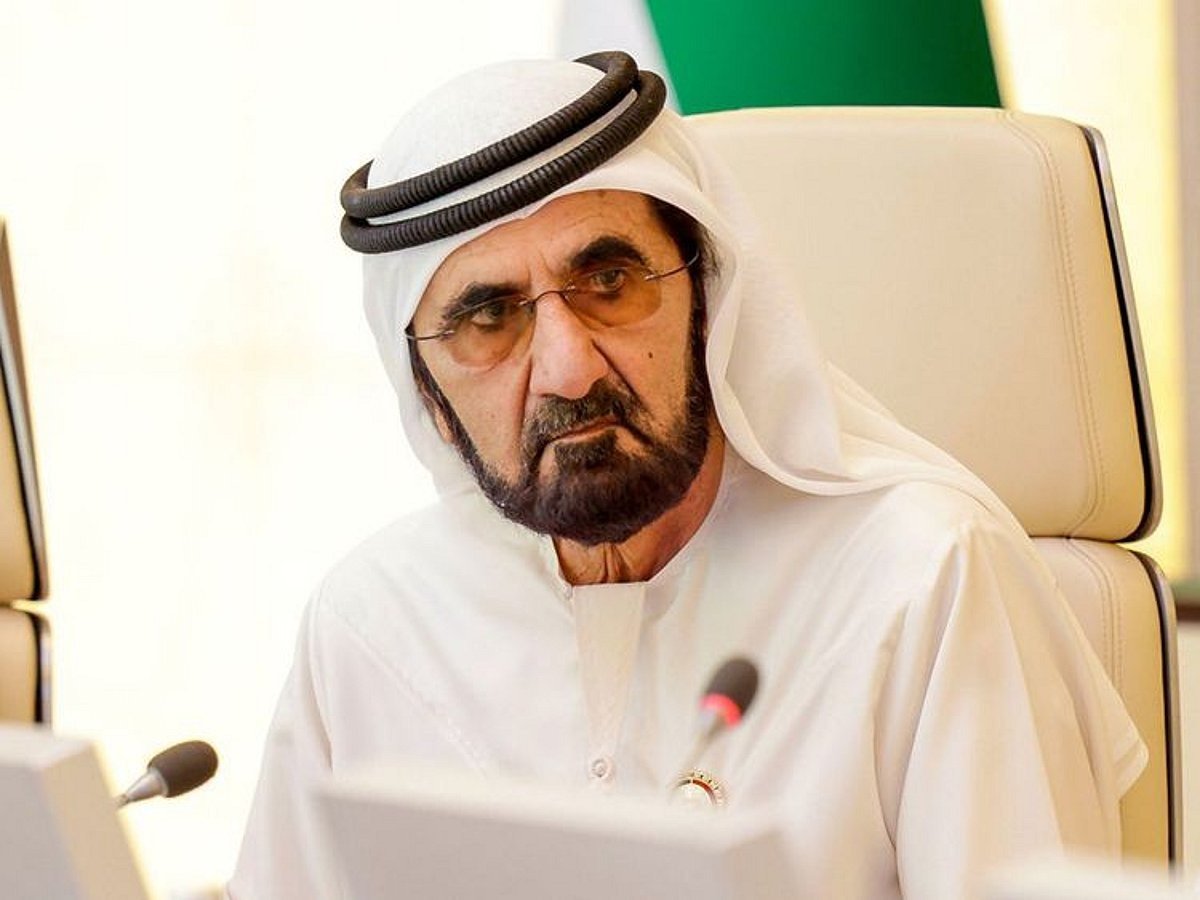
As of February 5, 2025, the United Arab Emirates (UAE) has achieved a remarkable milestone in its foreign trade, reaching a record-high of 3 trillion dirhams (approximately $817 billion) in 2024. This significant achievement was announced by Sheikh Mohammed bin Rashid Al Maktoum, Vice President and Prime Minister of the UAE, who emphasized the country’s commitment to diversifying its economy and enhancing its global trade relationships.
Key Highlights of the Record Achievement
- 14.6% Increase: The UAE’s foreign trade in goods saw a 14.6% increase from the previous year, showcasing the effectiveness of the nation’s strategic initiatives aimed at boosting trade and economic growth.
- Non-Oil Trade Focus: The record figures reflect the UAE’s successful efforts to reduce its dependence on oil by focusing on non-oil sectors. Exports represented 18.7% of the total non-oil trade in 2024, up from 11% in 2015, indicating a substantial shift towards a more diversified economy.
- Comprehensive Economic Partnership Agreements (CEPAs): The UAE has actively pursued bilateral trade agreements with various countries, including India, Indonesia, and Turkey. These agreements have significantly bolstered trade relations and contributed to the growth in non-oil exports.
Sheikh Mohammed’s Vision
Sheikh Mohammed highlighted the importance of this achievement in his statement:
“The UAE is different from the global economic flock… because the economy comes before politics.”
He further noted that the country has achieved 75% of its ambitious target of reaching 4 trillion dirhams in non-oil trade by 2031, demonstrating strong progress towards long-term economic goals.
Strategic Investments and Infrastructure Development
The UAE has invested heavily in enhancing its trade infrastructure, positioning itself as a regional hub for business and tourism. This includes developing logistics capabilities and improving connectivity to facilitate smoother trade operations. The growth in non-oil foreign trade is also attributed to increased imports and re-exports, with significant contributions from key trading partners.



